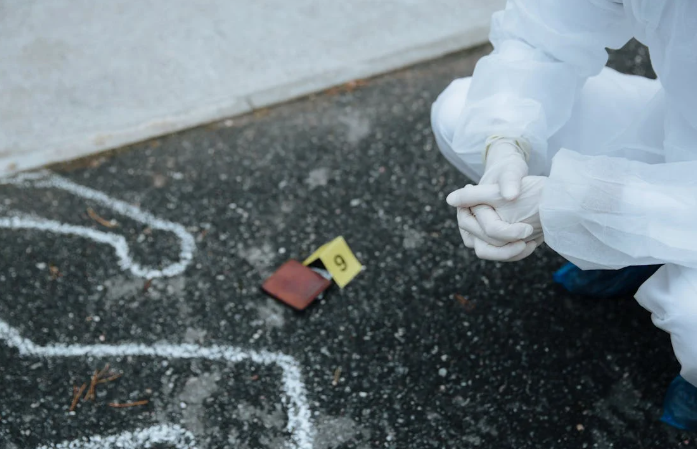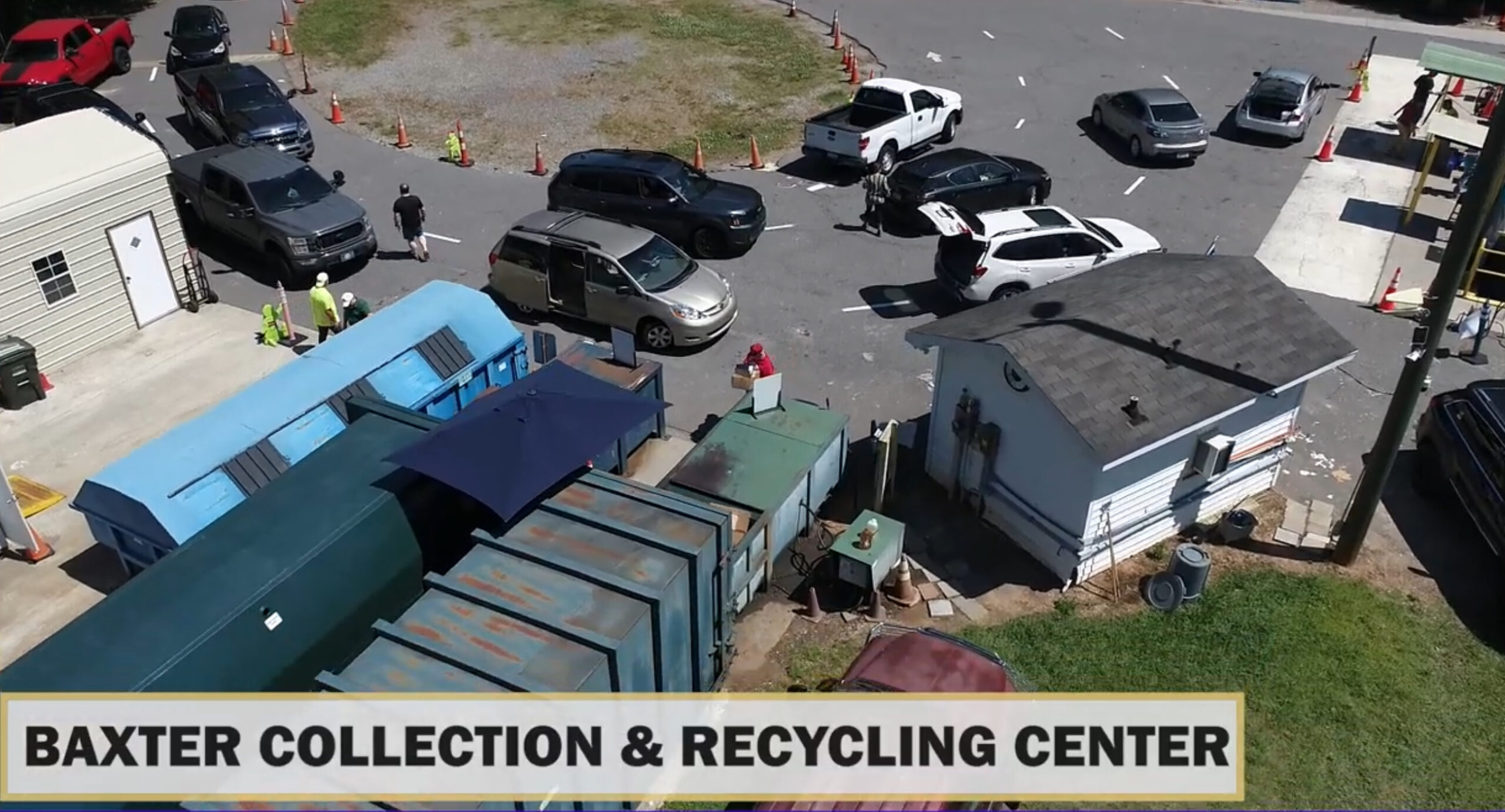South Carolina Governor Henry McMaster announced his intention to sign a bill aimed at combating the fentanyl crisis in the state. The legislation, which received overwhelming support from the General Assembly this year, will establish a new criminal charge: fentanyl-induced homicide.
This new charge carries potential penalties of up to 30 years in prison for individuals who are proven to have knowingly provided fentanyl to someone who subsequently dies from it.
McMaster indicated that while other laws might address similar issues, this bill provides clear legal definitions for the crime, which he believes will facilitate convictions. He acknowledged that there have been objections to the bill but maintained its necessity.
Recent objections to the legislation have come from some prosecutors, including a joint statement from a dozen South Carolina solicitors expressing doubts about the bill’s effectiveness. One solicitor pointed to the bill’s requirement that a person “knowingly” provide fentanyl for a conviction, suggesting that other pending legislation targeting gangs and racketeering might be more effective in the fight against drug trafficking.
It is currently unclear when Governor McMaster plans to officially sign the fentanyl-induced homicide bill into law.










